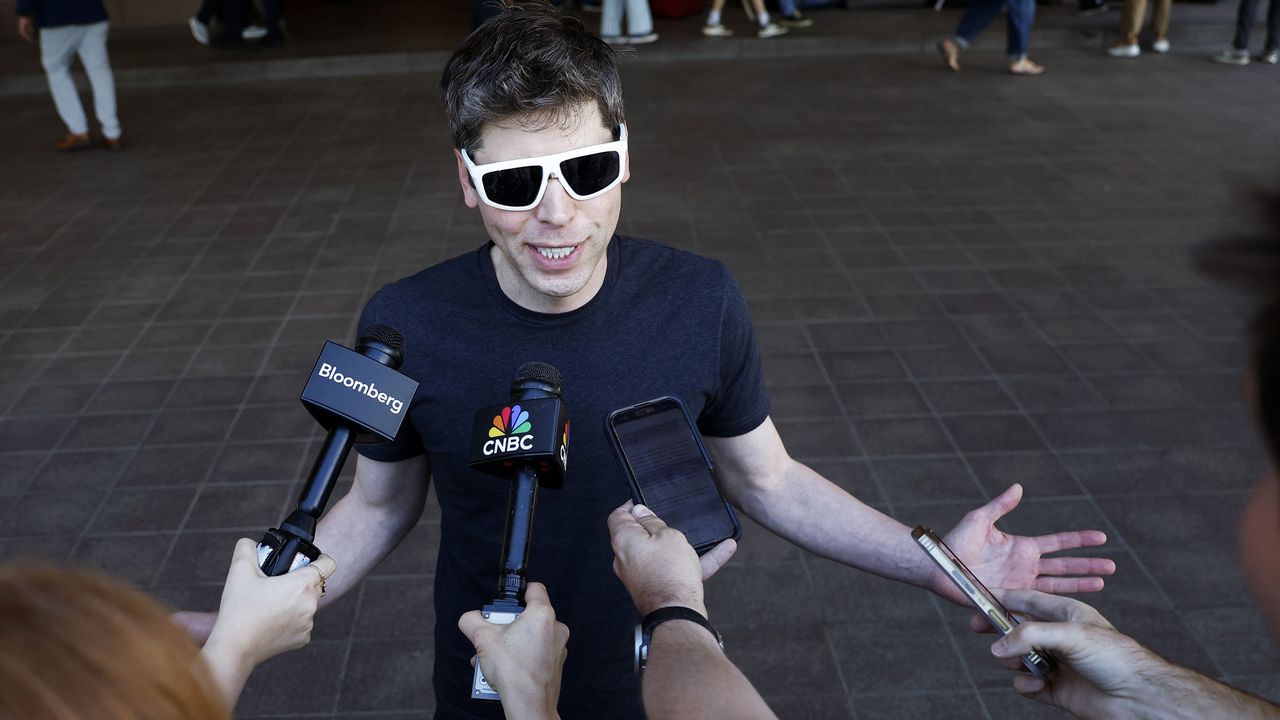
Artificial General Intelligence, or AGI, is a tricky concept to define. As AI technology rapidly advances, especially with recent progress from leading research labs, the meaning of AGI seems to shift with every discussion. It’s becoming harder and harder to pin down a single, clear explanation.
Leaders at established tech companies like Microsoft and OpenAI are focused on using AI to solve practical problems and improve its capabilities. However, newer AI startups appear more interested in reaching Artificial General Intelligence – a major milestone in AI development.
A report surfaced earlier this year revealing details of the multi-billion dollar partnership between Microsoft and OpenAI. The agreement defined Artificial General Intelligence (AGI) as a system capable of generating up to $100 billion in profits. However, AGI is commonly understood as AI that can perform any intellectual task that a human being can.
Demis Hassabis, the CEO of Google DeepMind, believes artificial general intelligence (AGI) might be possible within the next ten years. However, he’s concerned that we aren’t prepared for the significant changes it could bring, and admits this possibility is a major worry for him.
OpenAI’s CEO, Sam Altman, recently suggested a way to test for genuine artificial general intelligence (AGI) during a conversation with David Deutsch.
According to Sam Altman:
You know, when we talk about Einstein and general relativity, I totally agree – it’s just one of the most amazing achievements ever. Honestly, I might even say it’s *the* most amazing! But imagine if, say, GPT-8 actually cracked quantum gravity. And not just gave us the answer, but could *explain* its thought process – the challenges it faced, why it chose that particular approach. Even if it still *looked* like a text response, if it genuinely solved it… that would be incredible.
David Deutsch, a physicist from Britain, acknowledged the new standard would be a clear way to determine if artificial general intelligence had been achieved. However, Sam Altman’s idea brings up some important concerns.
Even if GPT-8 were to solve a complex problem like quantum gravity, that wouldn’t automatically make it generally intelligent. It might excel in one area, but still lack the broad understanding needed to be considered true Artificial General Intelligence (AGI).
Despite earlier statements that the current technology was sufficient, the CEO of OpenAI now believes today’s AI systems aren’t built to handle a future increasingly reliant on artificial intelligence, meaning new hardware and software will be necessary.
Read More
- Best Controller Settings for ARC Raiders
- Stephen Colbert Jokes This Could Be Next Job After Late Show Canceled
- 10 X-Men Batman Could Beat (Ranked By How Hard It’d Be)
- DCU Nightwing Contender Addresses Casting Rumors & Reveals His Other Dream DC Role [Exclusive]
- 7 Home Alone Moments That Still Make No Sense (And #2 Is a Plot Hole)
- Is XRP ETF the New Stock Market Rockstar? Find Out Why Everyone’s Obsessed!
- Embracer Group is Divesting Ownership of Arc Games, Cryptic Studios to Project Golden Arc
- 10 Most Brutal Acts Of Revenge In Anime History
- XRP’s Cosmic Dance: $2.46 and Counting 🌌📉
- James Gunn & Zack Snyder’s $102 Million Remake Arrives Soon on Netflix
2025-09-26 22:39